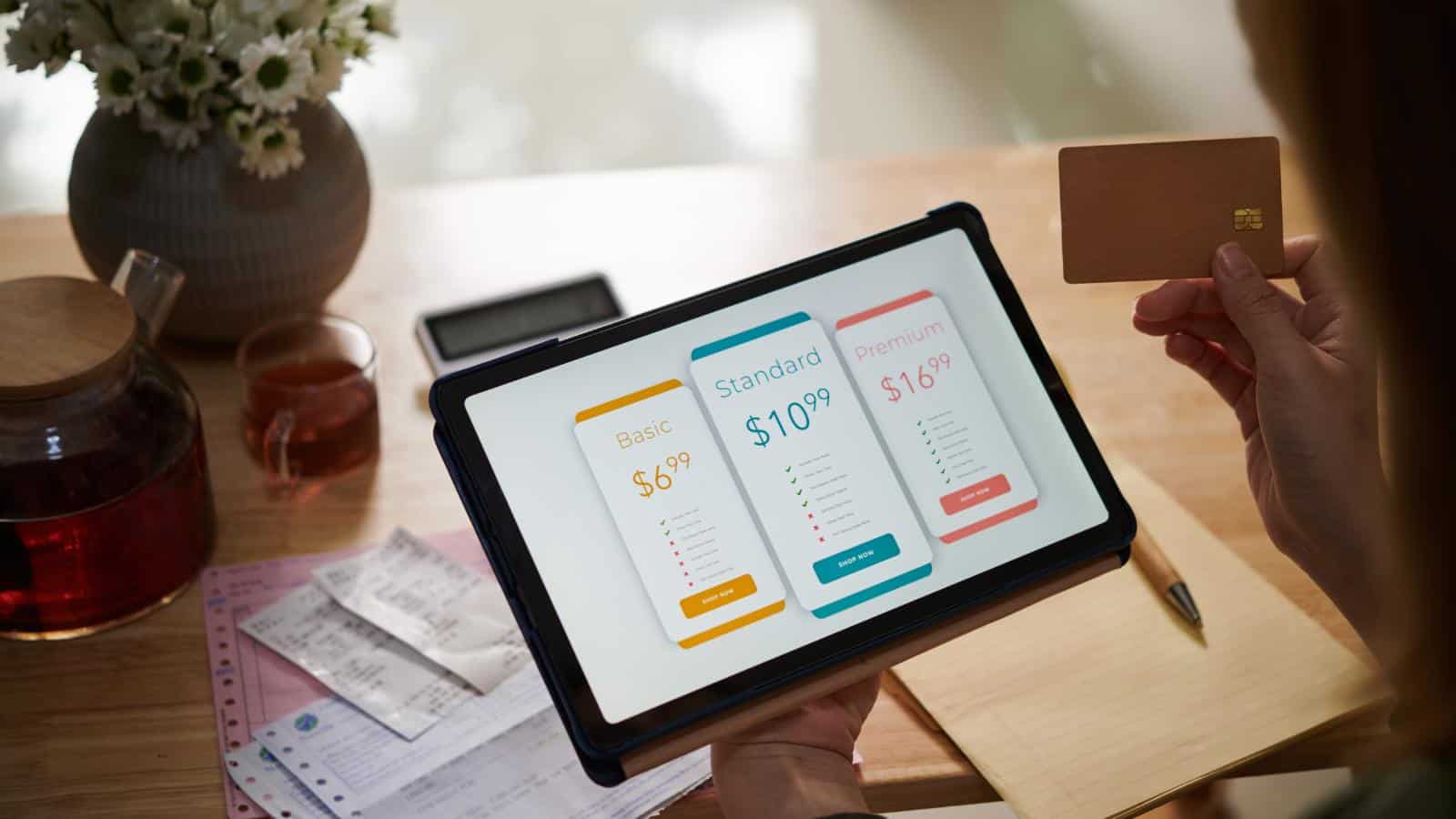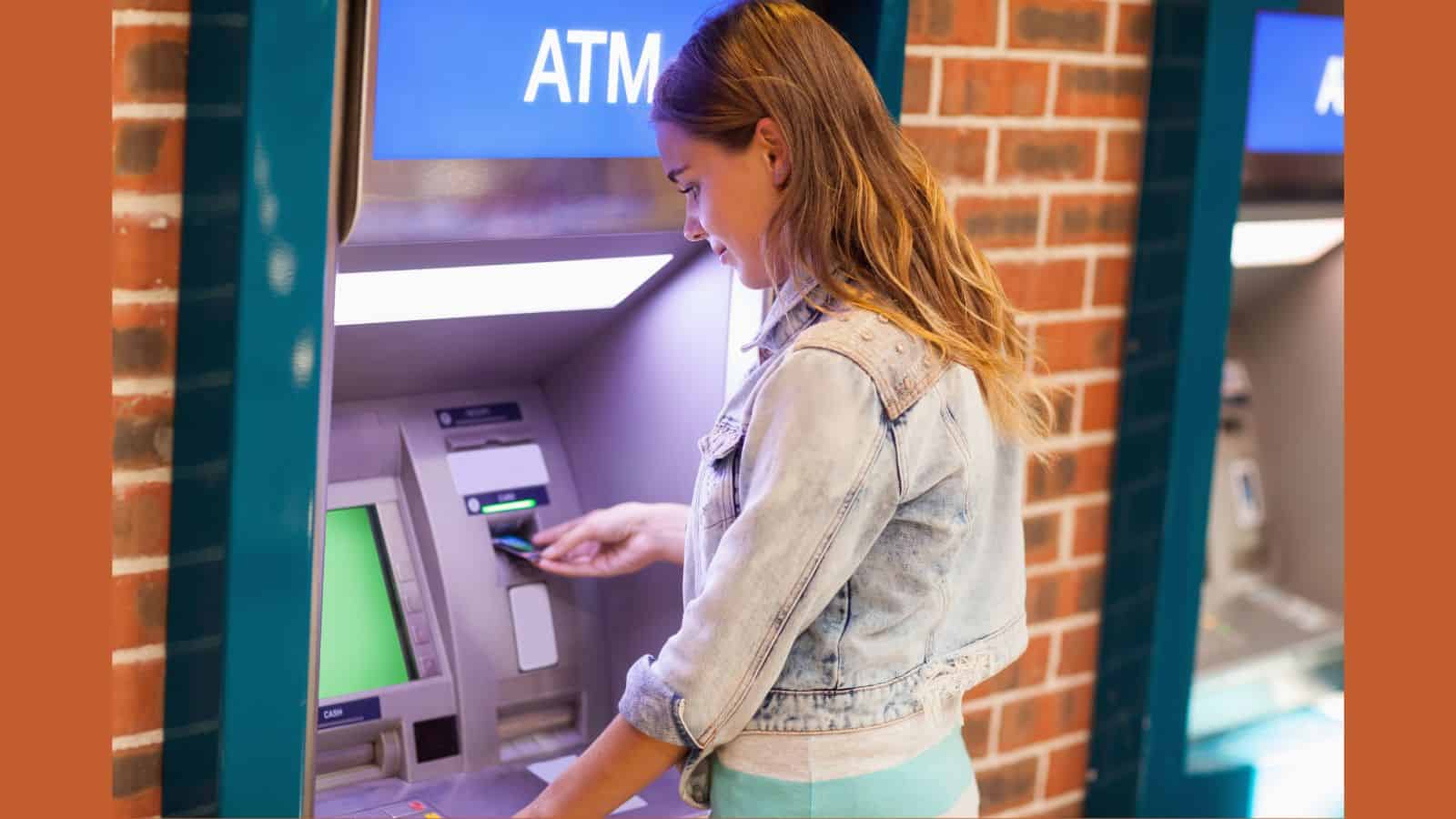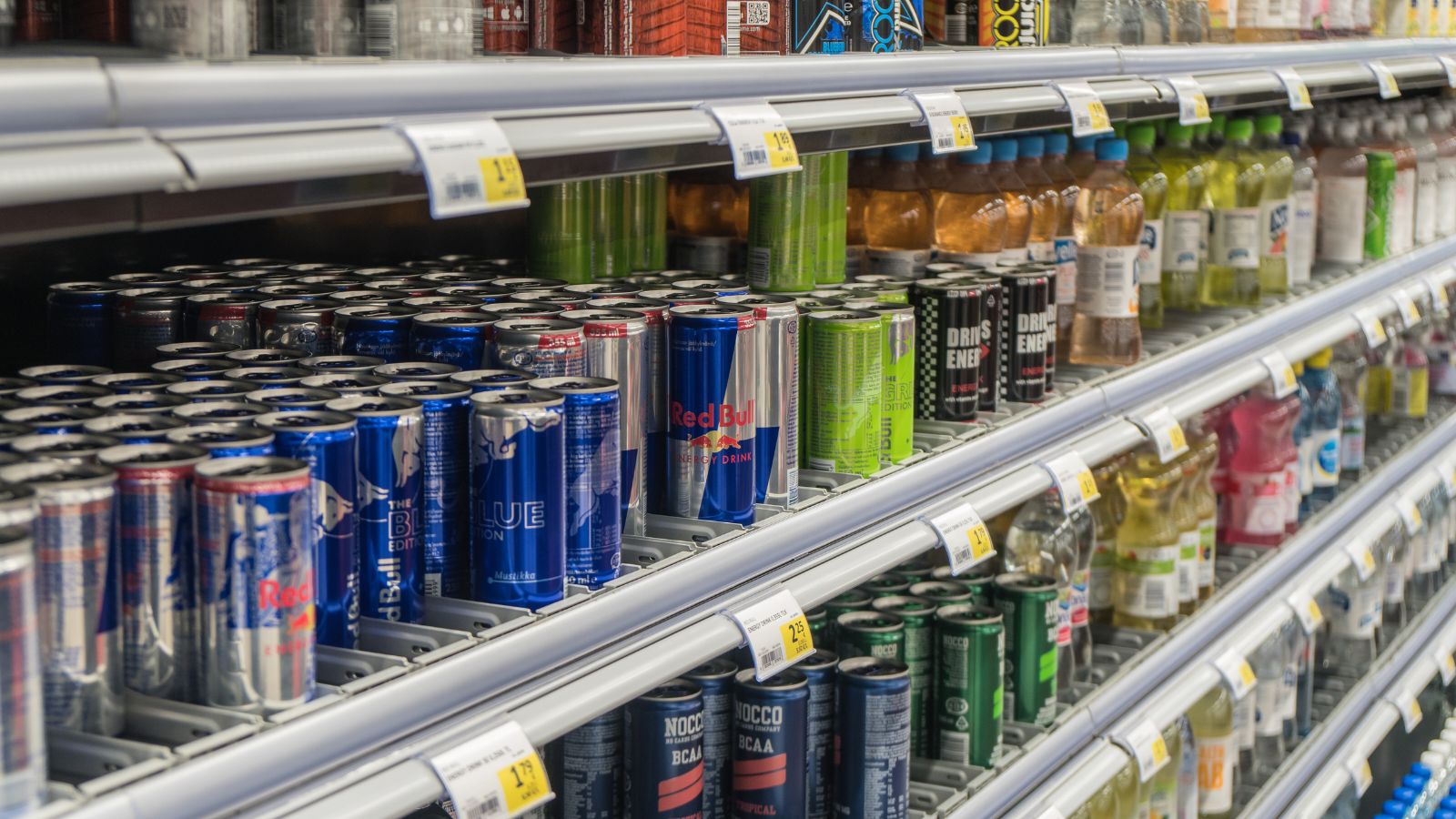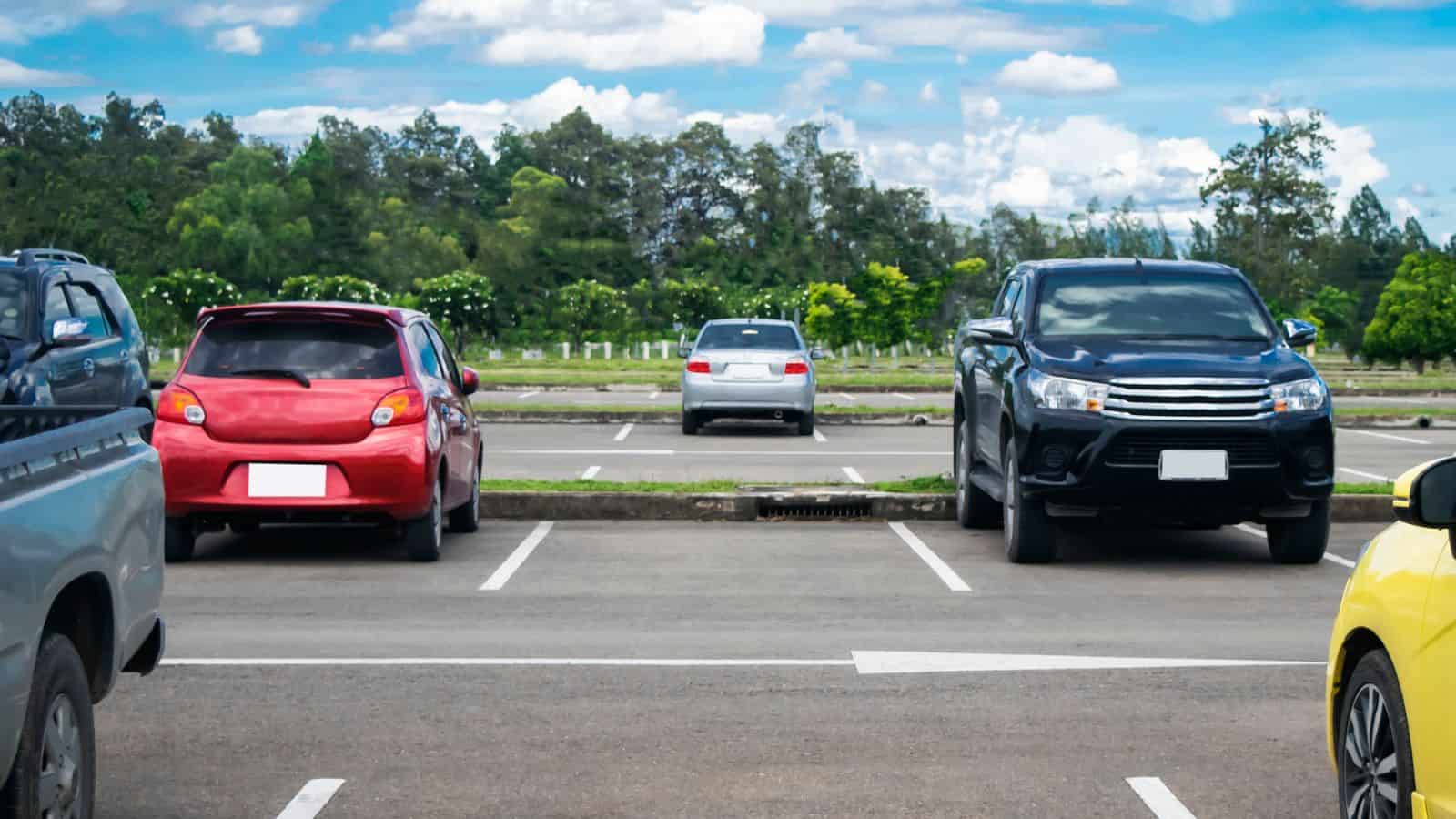A lot of people forget that small, everyday expenses can add up quickly, quietly draining your bank account without them noticing. However, if you take some time to identify these sneaky costs, you can make mindful adjustments and keep your spending in check. For guidance, this article goes through some of these daily costs that are ruining your savings account.
Frequent Coffee Runs

Even though grabbing coffee on the go might seem harmless, the costs really add up over time. As The Money Course points out, a daily cup can easily turn into hundreds of pounds a year, despite the fact that making coffee at home is cheap and usually more healthy. So, consider buying yourself a reusable takeaway cup to bring to work, and you’ll save a killing.
Takeout and Delivery Fees

Convenience often comes at a price, and this is certainly true for regularly ordering takeout or delivery, which rapidly eats into your budget. Delivery fees, service charges, and tips greatly inflate the total cost of your meals, yet people subject themselves to this daylight robbery all too regularly these days. As an alternative, try cooking at home or picking up your order directly, and you’ll be able to cut these extra expenses.
Unused Subscriptions

Many people forget that monthly subscriptions, whether for streaming services, apps, or magazines, will drain your finances if left unchecked. Often, these charges go unnoticed on your bank statement, slowly adding up. Worse still, we often forget to cancel these subscriptions despite us not even using them, so consider looking through your direct debits and reassess which ones you really need.
Impulse Purchases

When you buy items on a whim, such as at the checkout line or during online browsing, it can lead to unnecessary spending. These impulse buys, while seemingly insignificant, can accumulate over time, so take a pause next time you’re shopping to evaluate whether you really need something before purchasing it.
Daily Snacks and Drinks

Most people grab snacks, fizzy drinks, or bottled water throughout the day, or at least occasionally, which quietly adds to their daily costs. These small purchases are easy to overlook but can significantly impact your budget over time, just like takeout coffee. Just bring your snacks and drinks from home, and you’ll save more cash than you realize.
Premium Petrol

Do you get fooled into paying extra for premium petrol when filling up your car? If so, this is most likely unnecessary unless you own a supercar. The added cost of premium fuel doesn’t necessarily equate to better performance for most vehicles, so just stick to the recommended fuel grade for your car to help you save money at the pump.
ATM Fees

Here in the UK, most ATMs are free, but there are some high-street ATMs or those that you find on holiday that charge heavy fees. Each withdrawal often comes with charges from both your bank and the ATM operator, so start planning ahead by withdrawing cash from your bank’s ATMs or opting for cashless payments. Furthermore, consider using an international payment card when traveling abroad.
Unnecessary Car Washes

Frequent visits to the car wash, especially for higher-priced services, can slowly drain your wallet. While keeping your car clean is important, washing it at home or opting for basic services can reduce costs. There’s also something satisfying about washing your own car, so ditch the car washes and start taking care of this yourself, and you’ll save a surprisingly large amount of cash.
In-App Purchases

These days, it’s way too easy to spend on in-app purchases for games, apps, or other digital content, all of which can quickly escalate without careful monitoring. These small charges feel insignificant at the time but can add up substantially, so set limits on in-app spending or disable purchases altogether, helping yourself to manage these costs.
Buying Lunch Every Day

It should go without saying that buying lunch at work every day instead of packing your own can become a significant expense. Even modest daily meals out, such as the humble meal deal, can add up to a considerable amount monthly. Instead, just prepare your lunch at home and bring it in a box, and you’ll eradicate this daily cost and improve your savings significantly.
Unused Gym Memberships

Just like with other monthly memberships, paying for a gym membership that you rarely use is a common way to waste money. Many people sign up with good intentions but fail to attend regularly. Reassessing your fitness routine and exploring alternative, less expensive options can help you avoid wasting money on unused memberships.
Corner Shop Runs

Sometimes, it’s tempting to make a quick trip to your local corner shop for small items, especially when the weather is bad. However, these shops almost always have marked-up prices, and they’re also a serious source of impulse buys that aren’t necessary. So, plan your shopping ahead of time and stick to larger grocery stores, and you’ll prevent yourself from draining your savings.
Overpriced Energy Drinks

Anyone who has ever bought an energy drink knows that it can quickly become addictive and expensive, especially if you rely on them daily. The cost per can add up quickly, taking a toll on your budget, and it’s really not healthy. It would be far healthier for both your body and finances to explore alternatives, such as homemade smoothies, coffee, or simply getting more sleep.
Excessive Data Usage

Do you go over your mobile data limit frequently? If so, you’ve probably been hit by additional charges on your phone bill. This is silly because these fees are easily avoidable with mindful data use and a suitable plan. Just monitor your data usage and connect to Wi-Fi whenever possible, and this can help keep your phone costs in check.
Lottery Tickets

While you may dream of becoming a millionaire overnight, buying lottery tickets or participating in frequent gambling can drain your finances with little return. It might seem like a harmless expense, but the odds are rarely in your favor, and the costs add up. Setting limits or avoiding these purchases can help keep your spending under control, and most importantly, if things get out of hand, seek support.
Parking Fees

If you’re paying for parking every day, whether at work, in the city, or at events, you should reassess this expense, which is likely not necessary. Take some time to search for cheaper or free alternatives, like carpooling or using public transportation, which can help reduce the frequency of paying for parking and save you money.
Name-Brand Products

A lot of Brits fall for the trick of opting for name-brand products for food, household items, clothing, and other products, inflating their spending unnecessarily. Generic or store brands tend to offer similar quality at a far lower price, yet people fall for the fancy advertising of popular brands.
Credit Fees

Finally, it’s all too common these days for people to get sucked into “Buy now, pay later” programs or low-interest credit cards. At the time, these options may seem fantastic for getting what you want without having to save up, but even if the interest is low, you’re still paying extra. So, if you want to stop your bank account from being drained, tackle any such debts first, and you’ll be amazed at how much extra disposable income you have.

